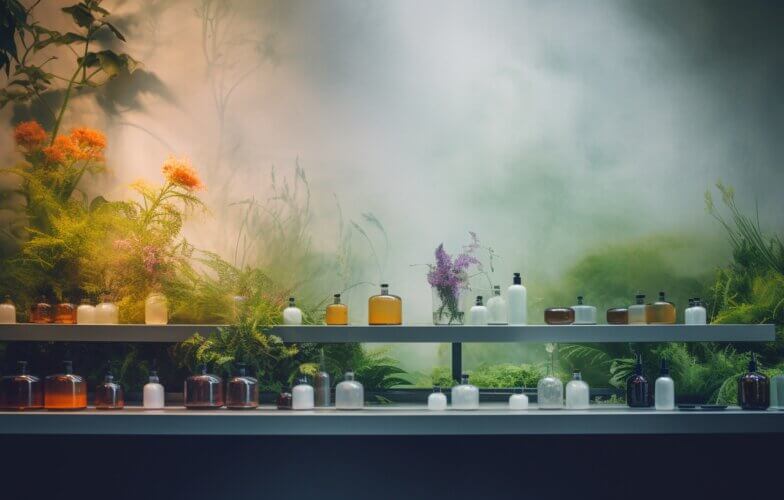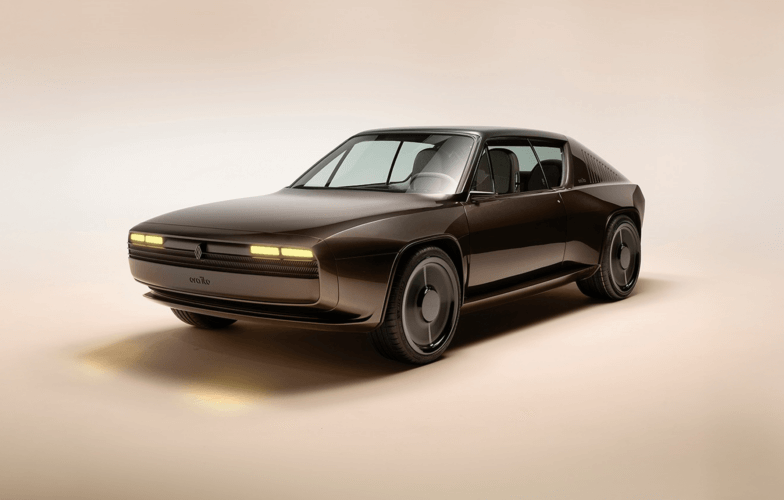
Resilience
DecodingsFacing the many sources of anxiety existing in today’s society, consumers are inundated with demanding coping strategies and struggling to keep up. Fortunately, a spirit of resilience has emerged to provide more measured inspiration.
The concept of resilience, defined as the ability to adapt to life’s set-backs and difficulties, has evolved into a lifestyle whose focus is on resistance capability in a world fraught with disturbances, rather than on short-term performance. Not only does resilience set the stage for regeneration, but it finds real-life expression in a basic trend driven by consumers aspiration to live and breathe new ideas.
It’s OK not to be OK
In this age of storytelling, the new representations of failure are part of a broader movement attended by the disappearance of all taboos. People feel free to discuss anything, free of emphasis. Given this new context, mistakes are seen as life-enriching, inspiring experiences that make good material for inspiring one’s audience and creating authentic, sincere and relativist content to share with it.
Today, the radio station France Culture broadcasts its weekly « Superfail » podcast about mistakes, failures or disasters experienced by companies or high-profile personalities. And Netflix’s documentary series “Losers” reverses the norm by profiling athletes that turn “the agony of defeat into human triumph.”
In Japan, reputed to value the concealment of emotions, the crying culture (“naku”) is gaining traction. Experienced as a moment of belonging, this phenomenon is illustrated by many dorama (drama miniseries) and the advent of “crying rooms” for women, perfect for wallowing in melancholy and having a really good cry after a romantic breakup.
Other initiatives bear witness to the “OK to fail” trend, such as the Museum of Failures in Los Angeles or the Museum of Failure in Helsingborg, Sweden, which present some of the “80% to 90% of innovation projects” that never got off the ground. In France, David Ringrave launched the Re.start Awards to recognize entrepreneurs able to bounce back after a failure to achieve success.
Voices like that of philosophers Charles Pépin – “the virtues of failure” and Claire Marin, who explores relationship breakups in her book Rupture(s) also refer to the “zero degree” and the regenerative effect of learning from one’s mistakes.
A new understanding of mental health + new therapies
Western societies today have come to see mental health in a new light, given the recrudescence of depressive and anxiety disorders (the number of people living with depression rose 18.4% between 2005 and 2015, according to the World Health Organization).
In the United Kingdom, a survey by the charity Action for Children found that “one-third of 15 to 18-year-olds are suffering from mental health issues” such as depression, anxiety and an inability to concentrate. In the United States, nearly one adult out of five lives with a mental illness, according to the National Institute of Mental Health.
While the “clinical” image of the therapeutic industry and its aversion to change have long made it harder to shift the boundaries, new entrants have set out to make the therapy experience more accessible.
A case in point is The Difference. Using an Alexa-enabled device, you can obtain a PIN to request a pay-as-you-go therapy session (a therapist calls back on your phone within 30 minutes) or subscribe to a plan. Another is Two Chairs, a new U.S. chain of inclusive clinics offering more conventional talk sessions – group or one-on-one – to help people cope with their difficulties. And The Clean Market in New York City takes resilience into spa territory, offering “self care 2.0” with the latest twists in nutrition, hot or cold therapy and cryotherapy.
In this quest for resilience, attitudes towards the role of technology are changing. At a time when the National Health Service (UK) and insurance companies are looking for ways to make a repeated and lasting impact on patients, many evolutionary apps are highlighting resilience.
One is the eQuoo platform, a game to help users become more emotionally fit while having fun. It helps fight destructive cognitive and emotional reasoning (e.g. generalization, a typical symptom of depression) using gaming know-how, which will appeal to young people.
Brands must develop their relationship with well-being
Similar therapy-oriented dynamics are showing up in brand positionings, marking a real shift. At Paris Fashion Week in October 2018, the Dutch fashion design duo Schueller de Waal created a buzz by presenting « Fashion as Hypnosis Therapy », a pop-up center at Le Palais de Tokyo to care for fashion victims by providing hypnosis and massage.
The subject is certainly energizing the creative industries! For instance, Tuxe – whose fans include Meghan Markle – is offering free performance coaching to help customers navigate life’s challenges more resiliently. With each purchase, a customer gains access to one of ten pre-recorded sessions on various topics, such as how to deal with failure or how to set new life goals. Furthermore, the discount supermarket chain Lidl hosted a series of bakery and café pop-ups last year in Ireland to encourage young people to confide in one adult in their life to get support and advice; all event proceeds were turned over to a youth mental health charity.
Several organizations are calling for a proactive approach to mental health and well-being. This interest coincides with consumers’ aspirations to improve their quality of life by striking the right balance between safe spaces and stimulating experiences.
The American Medical Association has called on physicians to prescribe free games for patients with anxiety disorders. Similarly, albeit in a more cultural vein, the French-speaking doctors of Canada (MdFC) are prescribing free visits to the Montreal Museum of Fine Arts to help patients recover by enjoying a relaxing and interesting experience.
The workplace is also a hotbed of well-being innovation these days (e.g. mental health first aid, digital detox, mindfulness and/or music therapy). According to a survey on workplace health in America (WHA) by the Gillings School of Public Health at the University of North Carolina at Chapel Hill, 46.1% of workplaces in the U.S. offered some type of health promotion or wellness program and 17% of workplaces with 50 or more employees offered comprehensive workplace health promotion programs.
At any event, the world is changing quickly and we can expect a diversification of offers to help people adapt.
Cover / Plastic rain by Andrés Reisinger



